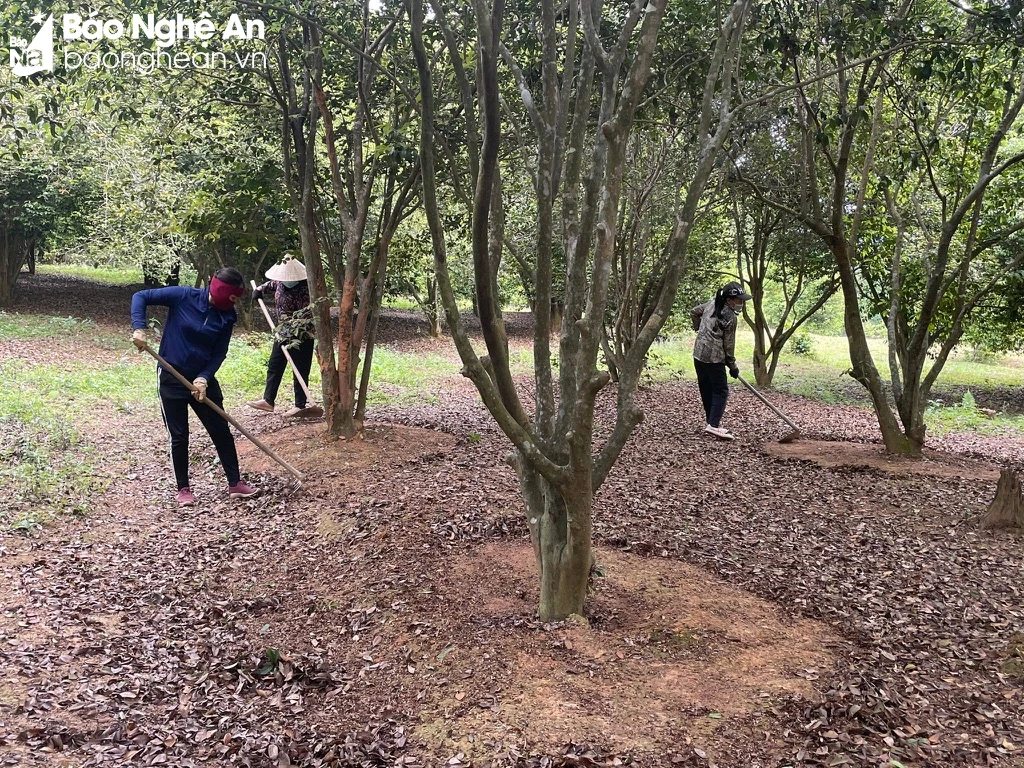
Improve life thanks to the tree
For a long time, the So tree was a forest tree that only had the effect of covering the bare hills in Nghia Dan area, with low efficiency. However, in recent years, the So tree has brought quite high economic value to farmers.
At this time, walking along the road to Nghia Loc commune, among the acacia forests are vast green So trees. Mr. Nguyen Van Dung in Son Hai hamlet, Nghia Loc commune shared: Previously, So prices were too cheap, but in the past 5 years, the output market for So seeds has been relatively stable. The family has over 2 hectares of So, with a yield of 6 tons of fresh fruit/ha (equivalent to 3 tons of dry seeds/ha); the price has increased from only 14,000 VND/kg of dry seeds (in 2019), to 25,000 VND/kg, bringing in an income of 150 million VND/2ha/year.
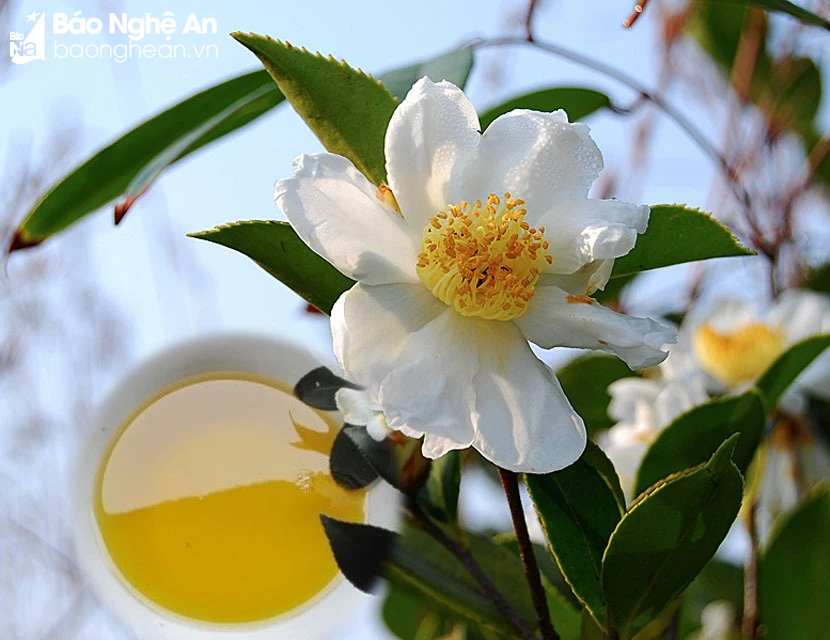
According to the calculations of the households, the So tree will bear fruit after about 8 years of planting, and by the 10th year, the value earned is enough to cover the cost of new planting and care. So tree has a stable yield, every year when the So tree ripens (from September to November of the solar calendar), people go to the forest to harvest So tree. So tree is planted only once and then harvested for over 20 years.
Another advantage of growing bamboo is that it requires little care. When it's time to harvest, you only need to clear the grass around the base and harvest one crop each year in the last months of the year.
Mr. Lai Van Duong - Chairman of Nghia Loc Commune People's Committee said: Nghia Loc commune maintains over 250 hectares of solanum, each hectare yields an average of 2.5 - 3 tons of dry seeds, with an income of over 70 million VND/ha/year. Thanks to solanum, many households in Nghia Loc commune have improved their lives and become rich. In the commune, in addition to Mr. Dung's family, there are also families such as Mr. Dao Van Toan who grows 2.8 hectares with an income of nearly 200 million VND/year, and Ms. Bui Thi Quyen's family who grows 2.9 hectares with an income of over 210 million VND/year.
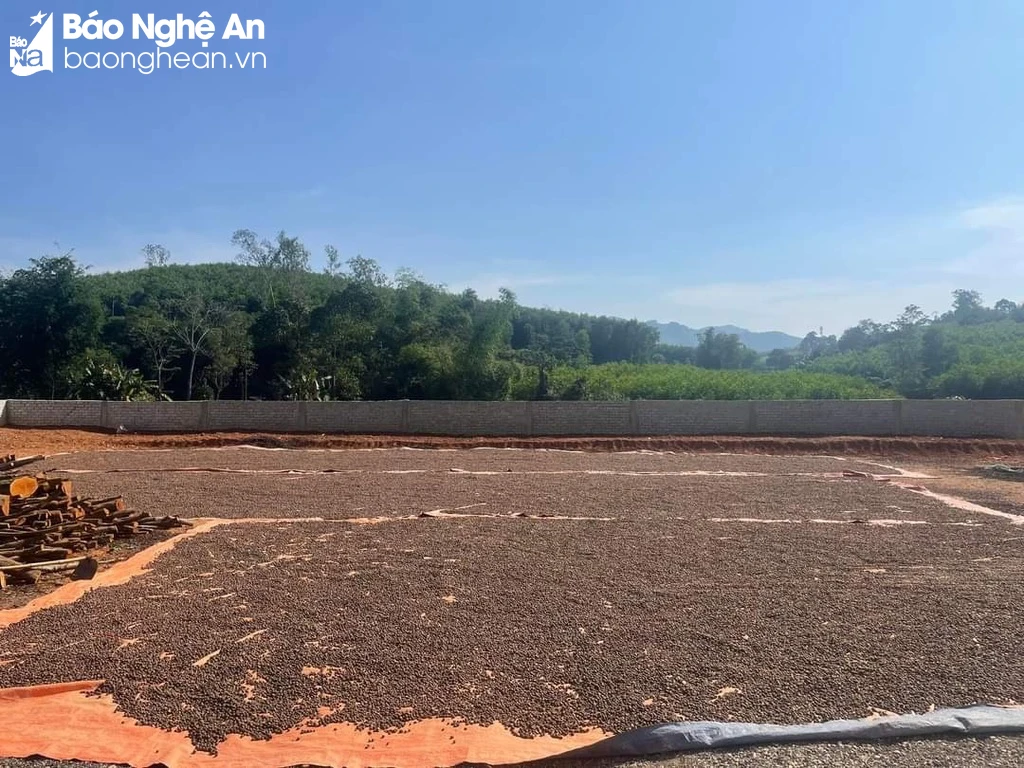
Along with the development of forest capital, the commune is expanding by more than 20 hectares, people are selecting quality seeds for breeding, preparing for the plan to plant cassia. In addition to high economic value, cassia is also a year-round green tree, the roots of the tree cling deep into the ground, not affected by natural disasters, falling down, preventing erosion due to rain and floods, contributing to protecting the ecological environment and upstream forests.
The whole Nghia Dan district has more than 500 hectares of Sophora japonica, concentrated in the communes of Nghia Yen, Nghia Minh, Nghia Mai, Nghia Lam, Nghia Long, Nghia Loc, Nghia Tho. Currently, Sophora japonica trees are growing more effectively than Acacia trees, with stable output. In order to exploit the potential and strengths of Sophora japonica trees and increase income for households, the district is developing plans and creating conditions to encourage people to expand the Sophora japonica growing area in places where it has not been effective, especially in the protective forest areas of lakes and upstream dams.
In the season of the flowers of the Sophora japonica in early December, the pure white, tender petals spread out, dotted with yellow pistils among the endless green forests, creating a beautiful, wild and simple natural picture. The season of the Sophora japonica flowers is also a suggestion for Nghia Dan to attract tourists in the coming time.
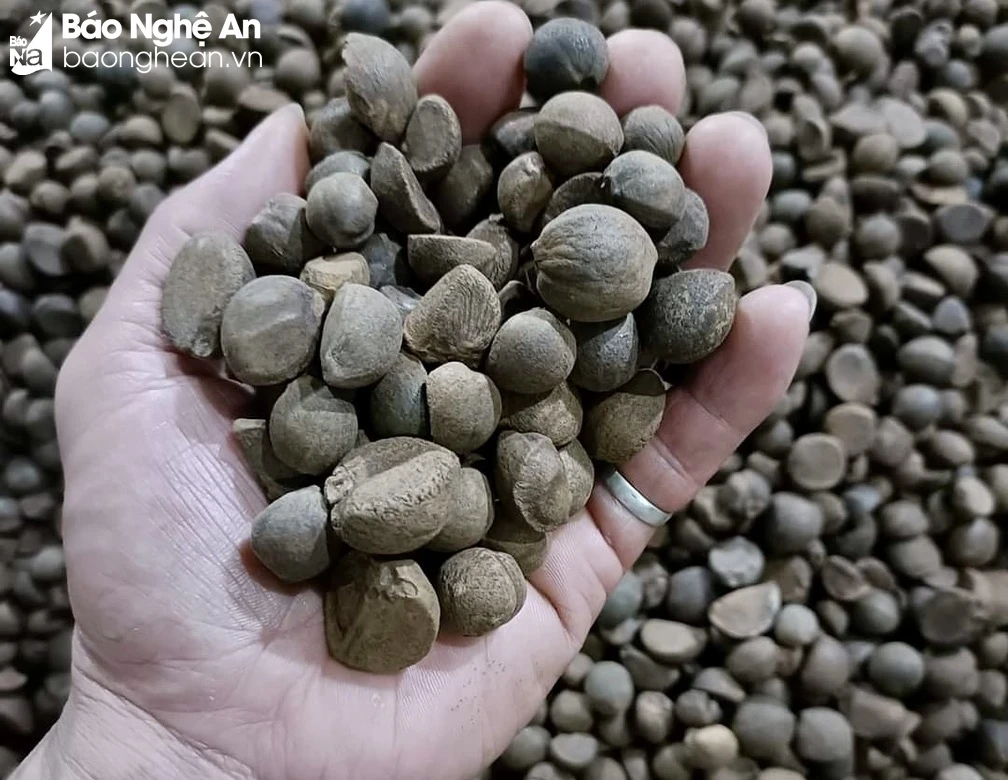
Deep processing and post-harvest preservation
To proactively consume products, in Nghia Loc commune, many households have invested in machinery and equipment systems for preservation and deep processing to increase the economic value of this plant. A typical example is Mr. Nguyen Duy Quang's household in Binh Minh hamlet, Nghia Loc commune. In 2019, Mr. Quang invested over 7 billion VND to build a factory to process essential oils, with a processing capacity of 20 tons of fruit/day and night.
Mr. Quang said: Every year, our facility purchases nearly 1,000 tons from people in Nghia Dan district, of which a part is processed into essential oils, a part is pre-processed and dried for sale. The output of processed products is quite stable, consumed in the domestic market and exported. In 2020, our cajeput essential oil product achieved a 4-star OCOP product. In order to boost the consumption market and enhance brand value, in recent times, we have actively promoted trade, advertised at a number of fairs inside and outside the district, and expanded retail outlets in the province to introduce cajeput essential oil products.
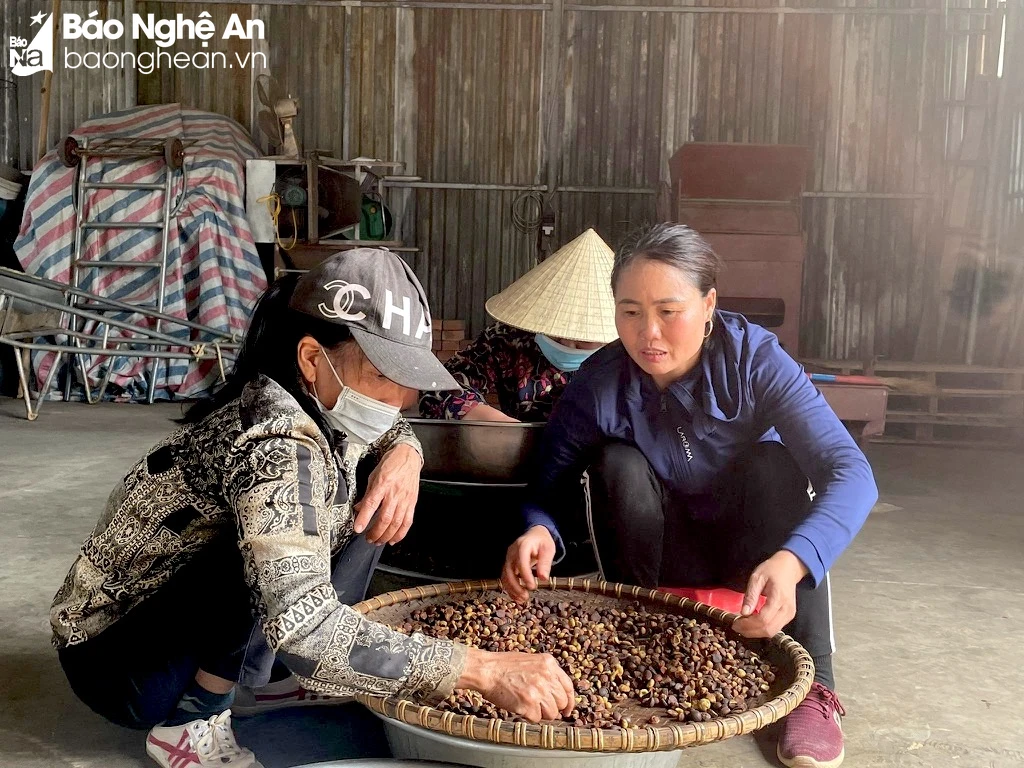
Along with Mr. Nguyen Duy Quang's establishment is Mr. Nguyen Van Luu's household in Khe Sai hamlet, Nghia Loc commune, specializing in purchasing and processing many cassia products for local people. From 2018 to now, Mr. Luu's family has invested billions of dong in building a system of drying and pressing cassia oil, purchasing over 1,100 tons of cassia each season for people in Nghia Loc commune and neighboring communes; creating jobs for over 15 workers.
Mr. Luu shared: Soybean oil has many nutrients such as Omega 6, Omega 9... the content is equivalent to olive oil and is a popular cooking oil in the international market today. However, the facilities of drying ovens and oil pressing technology are still limited. I hope to receive support from relevant levels and sectors to invest in purchasing modern machinery systems from the stage of drying, crushing soy beans to extracting quality oil, meeting market requirements; moving towards building and registering the brand of Nghia Dan soybean oil products, creating stable jobs for local people.
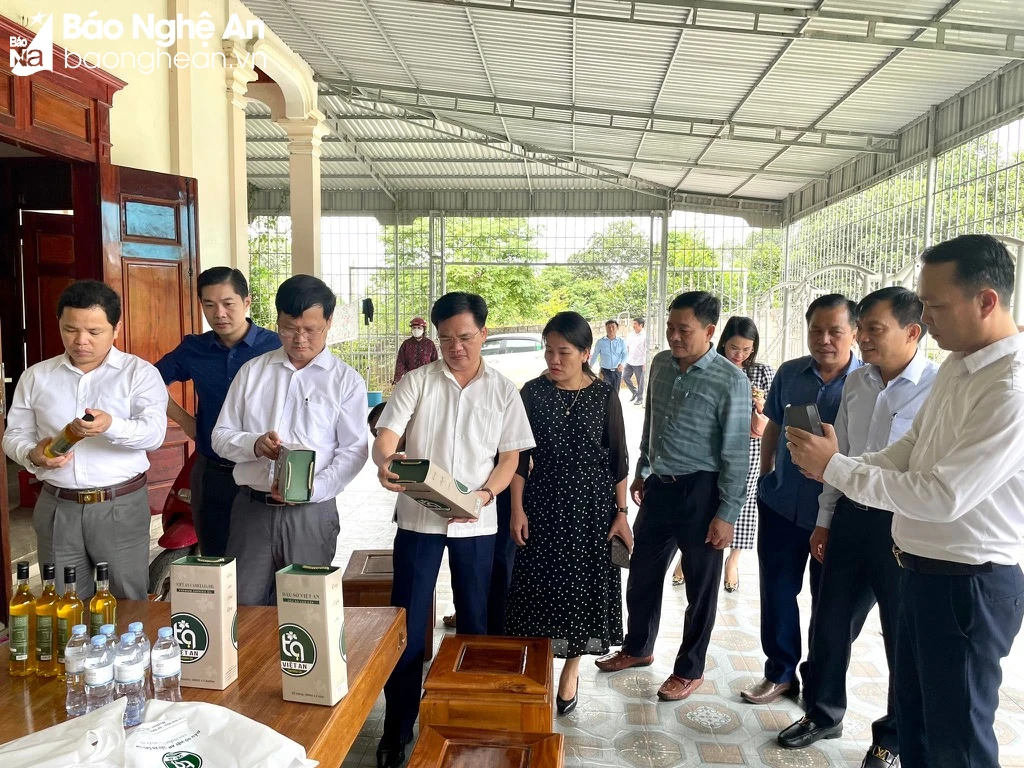
Mr. Lam Van Thang - Head of the Department of Agriculture of Nghia Dan district said: In order for the tree to develop sustainably, in the coming time, in addition to the existing 500 hectares of trees, the district will encourage people to expand the area of trees into concentrated commodity production areas; develop trees in a sustainable direction, attract businesses to process trees into a chain linking production and consumption of products. Along with that, build and standardize the brand of products from trees to export to many markets.
The So tree belongs to the tea family and is a seed tree. In addition to its protective, anti-erosion and environmental protection effects, So seed also has economic value when processed into high-quality cooking oil. So seed residue (after being pressed for oil) is used as a raw material for plant protection drugs. So tree leaves contain tannins that can be used in the leather tanning industry. Currently, the Department of Science and Technology is promoting support for businesses to build So essential oil brands and approach Japanese businesses to introduce Nghe An So essential oil products for export to foreign markets.
Source



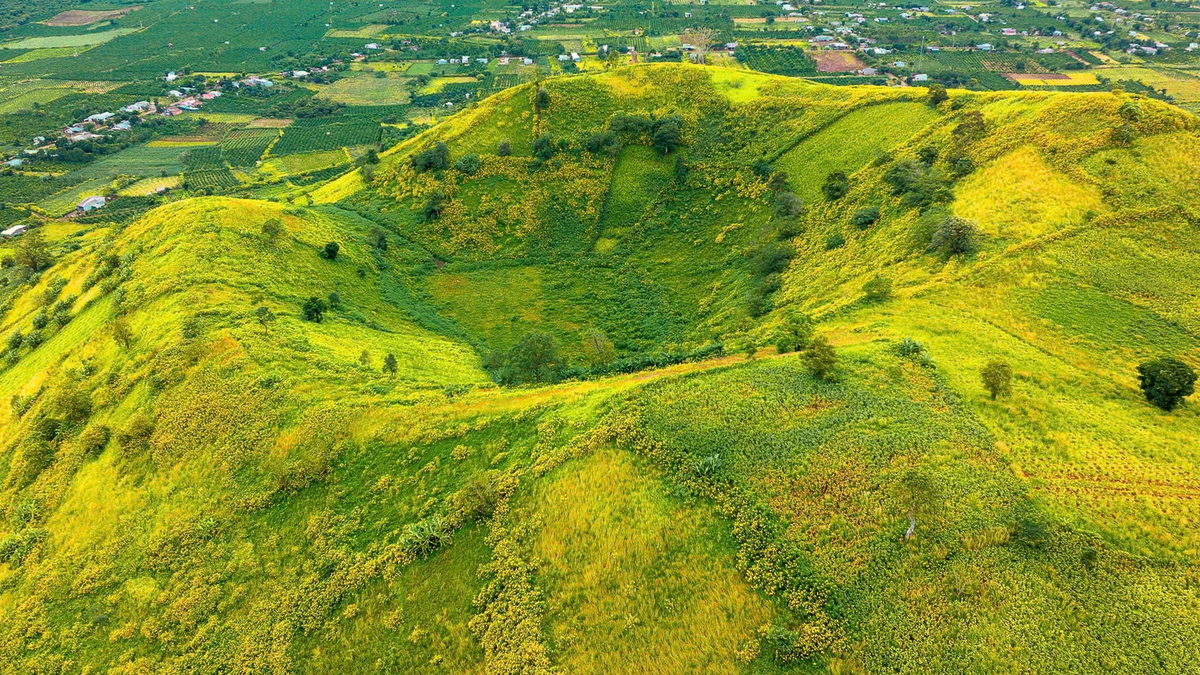
![[Photo] The "scars" of Da Nang's mountains and forests after storms and floods](https://vphoto.vietnam.vn/thumb/1200x675/vietnam/resource/IMAGE/2025/11/13/1762996564834_sl8-jpg.webp)


![[Photo] General Secretary To Lam visits Long Thanh International Airport Project](https://vphoto.vietnam.vn/thumb/1200x675/vietnam/resource/IMAGE/2025/11/13/1763008564398_vna-potal-tong-bi-thu-to-lam-tham-du-an-cang-hang-khong-quoc-te-long-thanh-8404600-1261-jpg.webp)


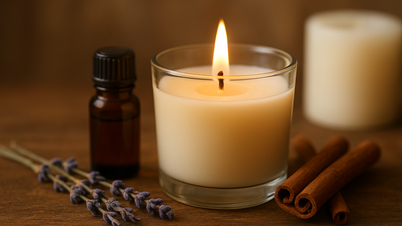



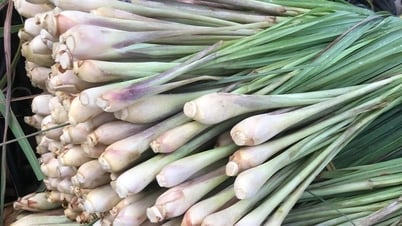
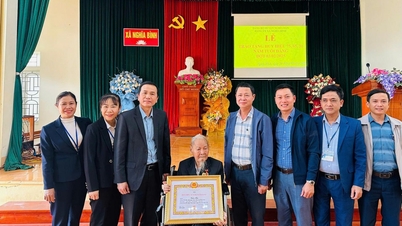

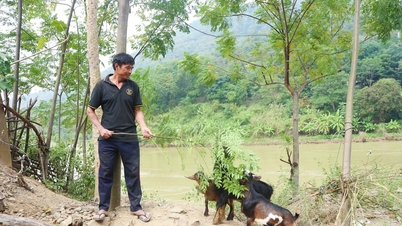



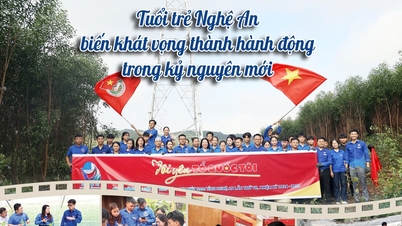

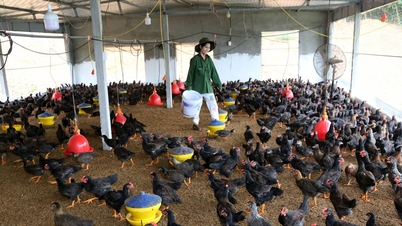




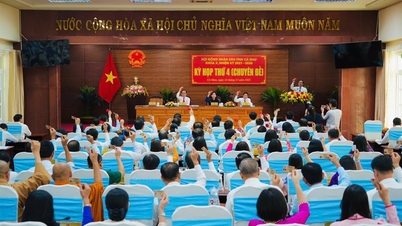
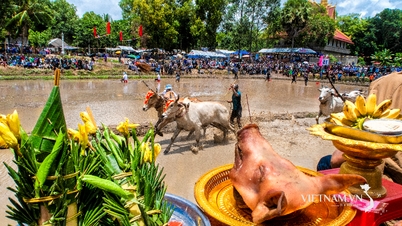

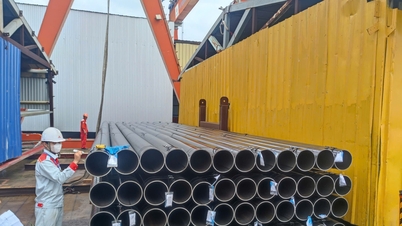


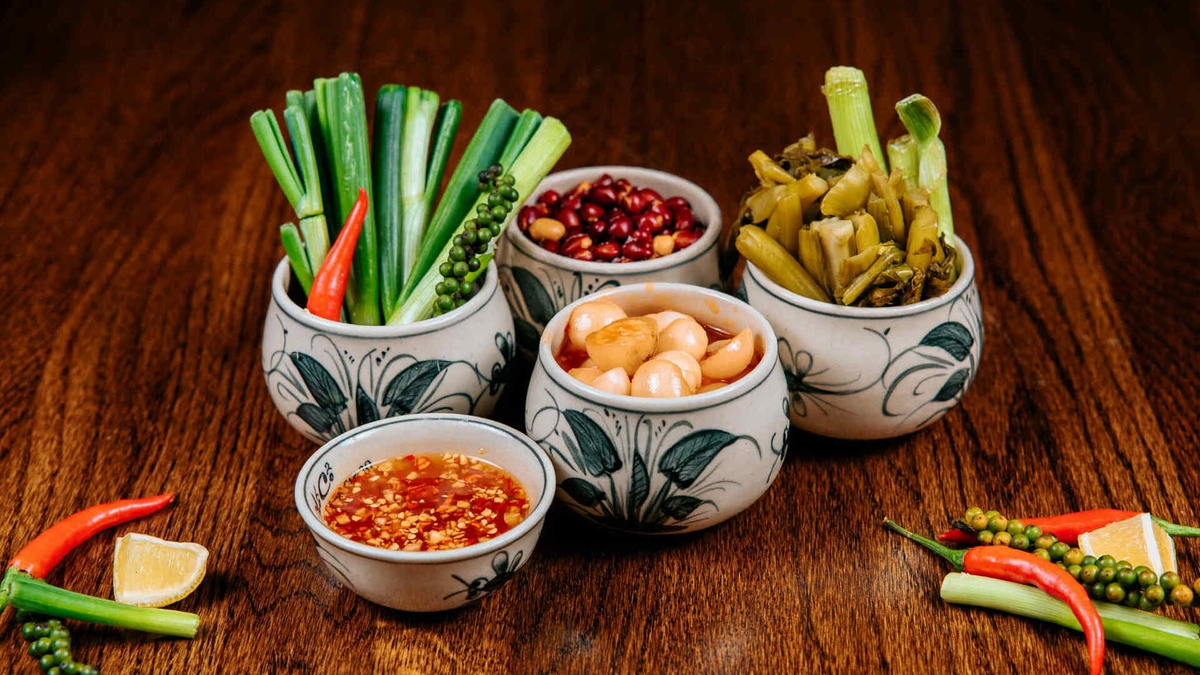


















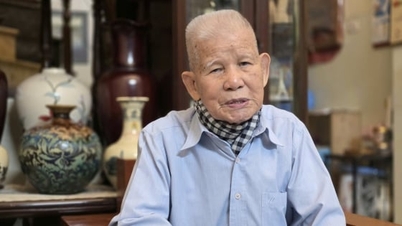

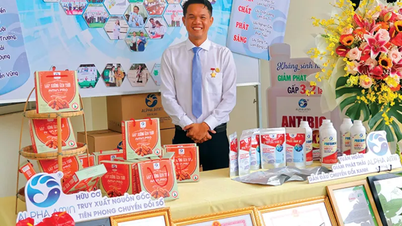














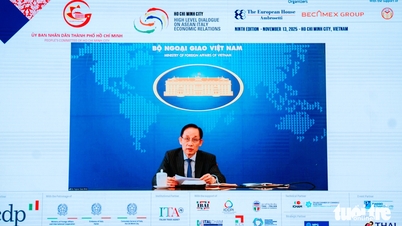


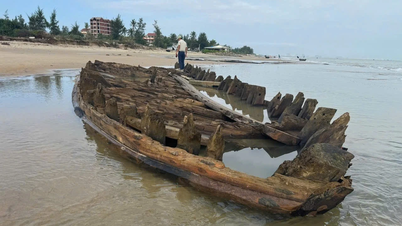



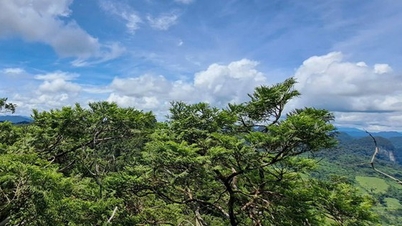

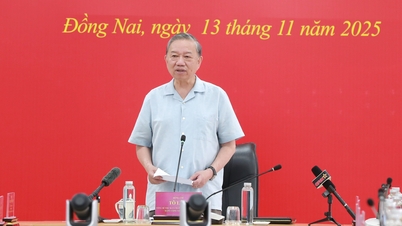

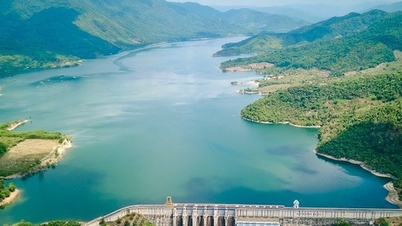

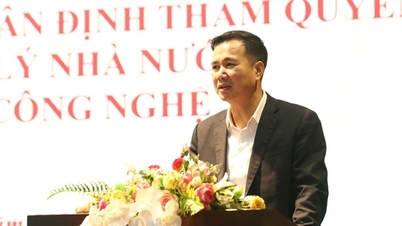
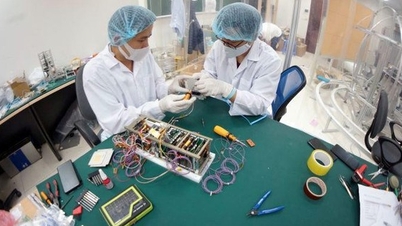
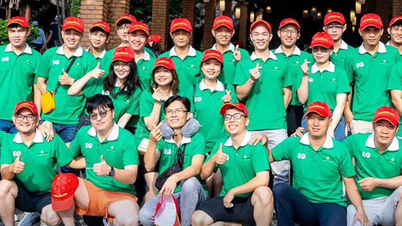
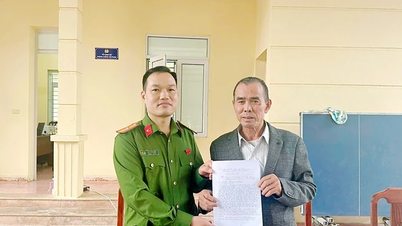





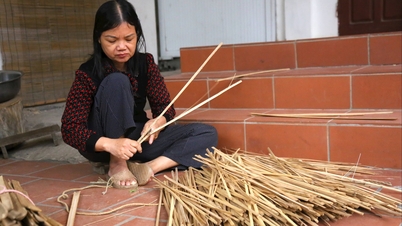








![Dong Nai OCOP transition: [Article 3] Linking tourism with OCOP product consumption](https://vphoto.vietnam.vn/thumb/402x226/vietnam/resource/IMAGE/2025/11/10/1762739199309_1324-2740-7_n-162543_981.jpeg)






Comment (0)